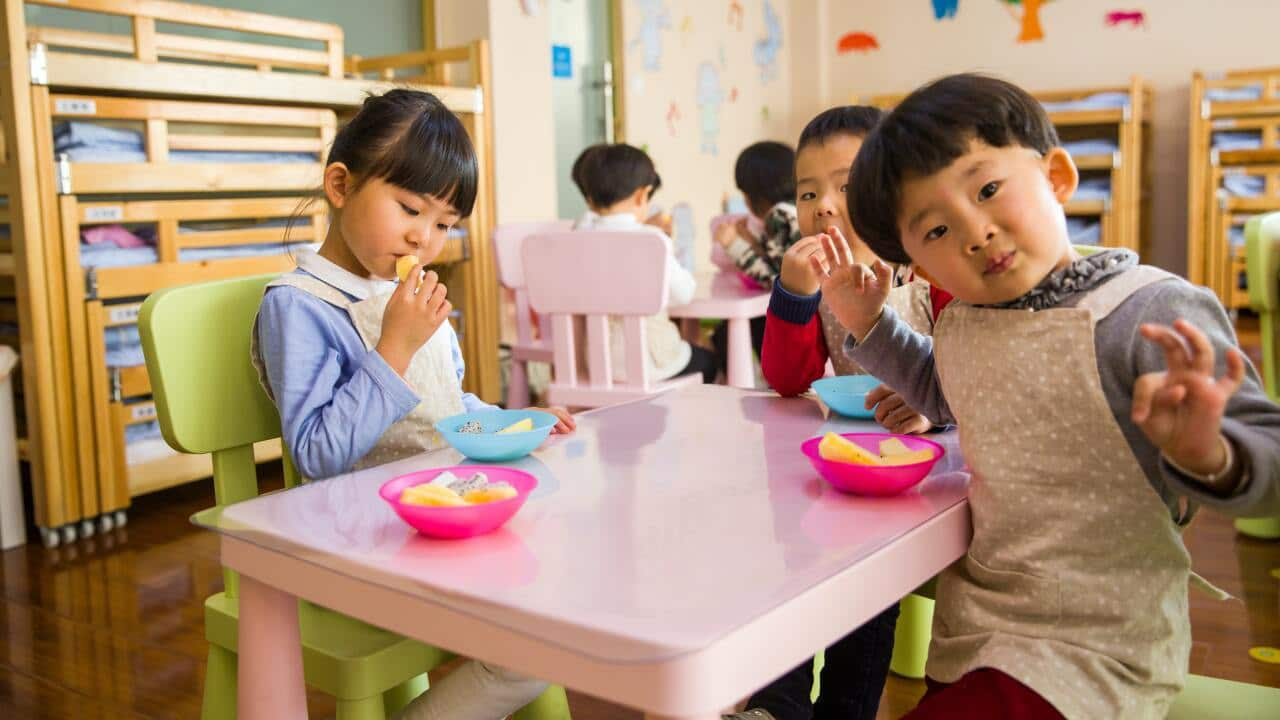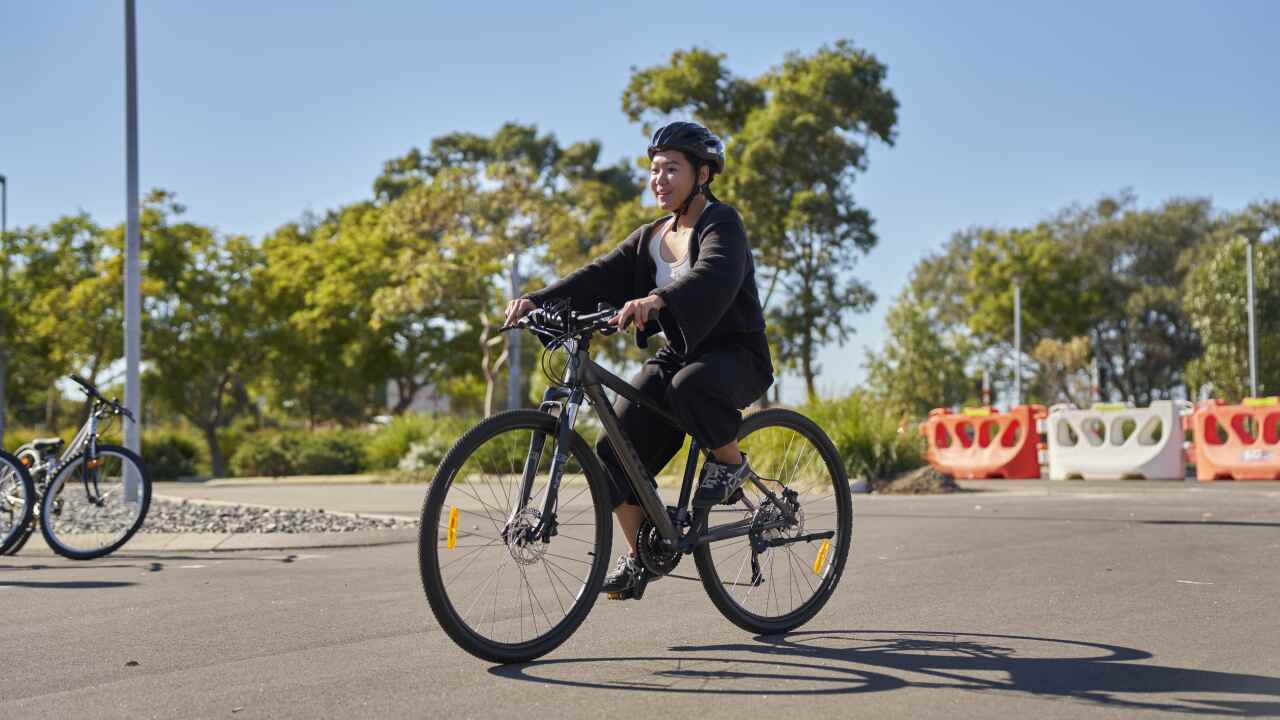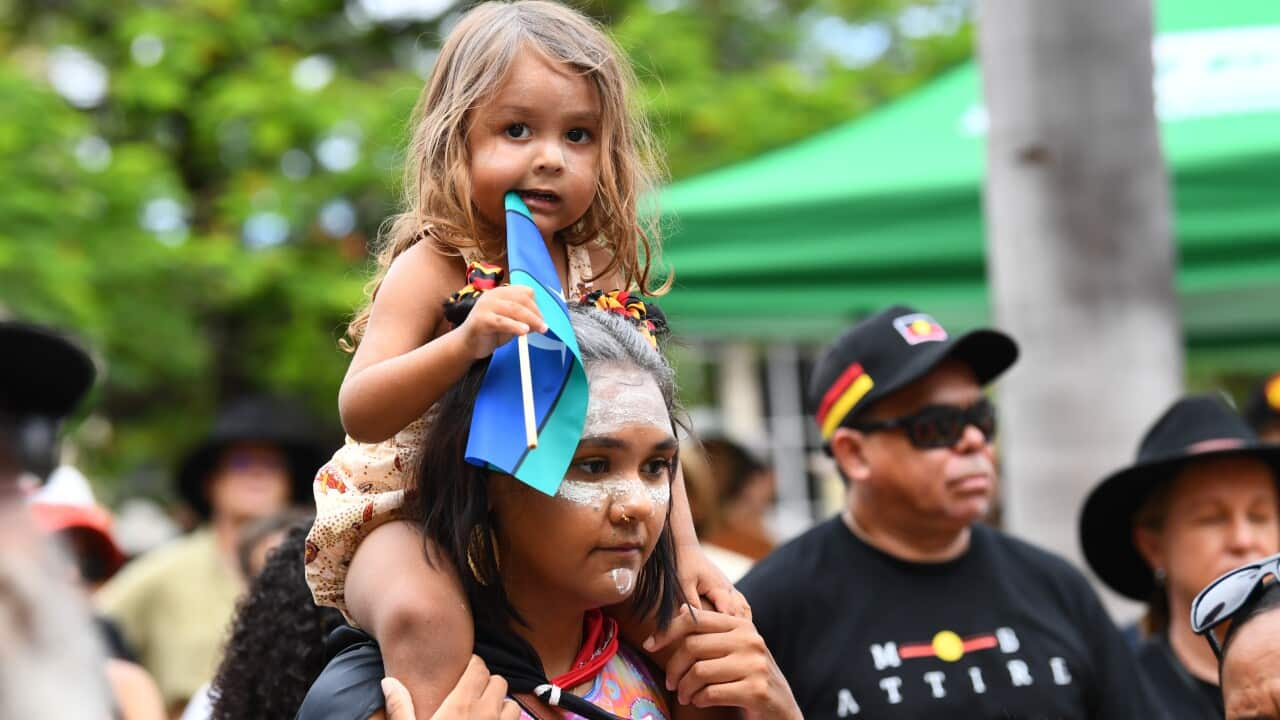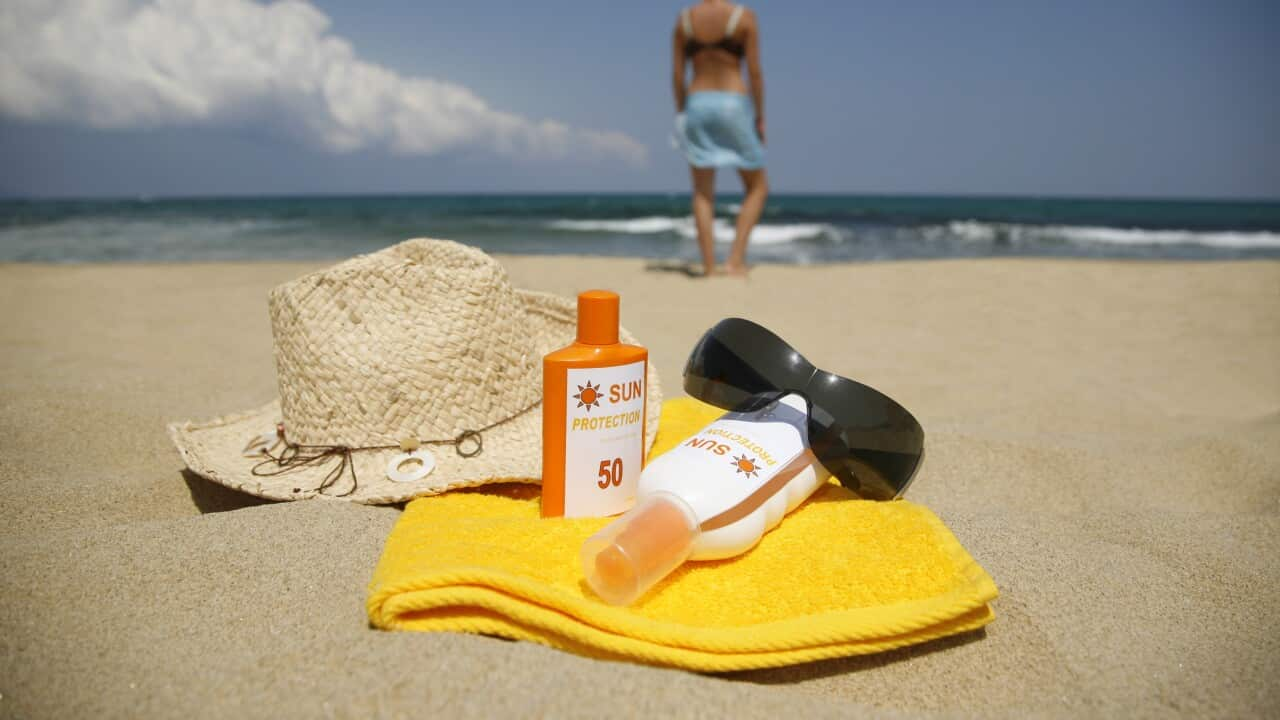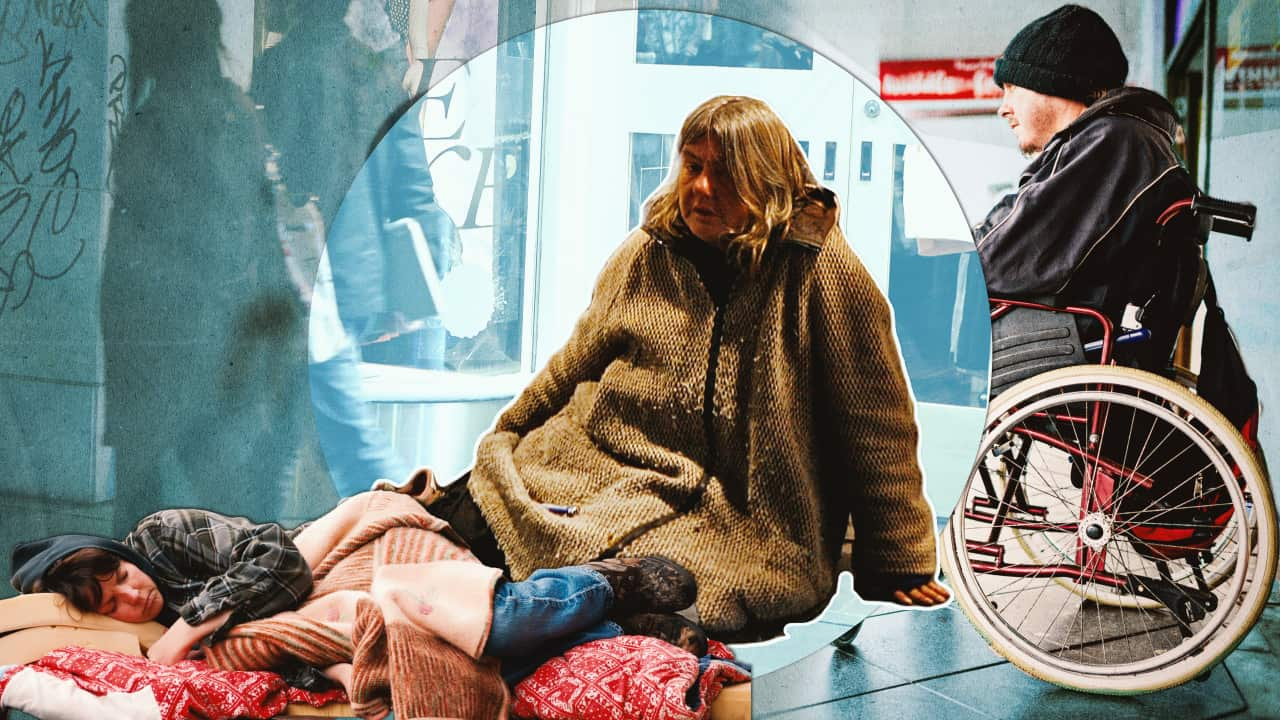Key Points
- It is recommended infants and toddlers be sent to early childhood education facilities sooner than later to help parents return to work.
- First-time parents and migrants can feel particularly challenged by frequent sickness from childcare.
- Some migrants who are not eligible for childcare subsidy disbursed by Centrelink, have to bear the full cost of childcare.
- Excluding a sick child from a childcare centre is based on duty of care towards other children.
Migrants often don’t have family support in Australia and may not be able to depend upon their parents to look after their children when they need to go and earn for the family.
Early childhood education is recommended in Australia as it allows working parents to return to the workforce.
Attending an early childhood education facility regularly is also said to help build immunity amongst infants and toddlers and prepares them for school socially, and academically.
However, as infants and toddlers begin their lifelong journey of learning at early childhood education establishments, just like their brains, their immune system is also starting to learn.
This is when it begins to interact with infection-carrying microbes, commonly called ‘bugs’.

Doctors often recommend that most infections will subside without specific medical treatment. Credit: The Good Brigade/Getty Images
Jyoti Sandhu is an early childhood educator in Melbourne.
She says parents are offered an orientation session to make them aware of the environment before they enrol their child.
The home is a very safe environment where the child is only exposed to a couple of adults. But in early childhood settings, children are exposed to many other children and adults. It’s very normal for them to get some kind of illness.Jyoti Sandhu
She adds that while most illnesses are not much cause to worry for childcare settings, some can be seriously contagious.
Dr Amir Saeedullah, a Melbourne-based GP, sees many young children who pick up infections from daycare settings.
“We get a lot of children in the age bracket of six months to five years... In winter, the infections we come across are upper or lower respiratory tract infections and otitis media. And in summer, on top of these, we get a lot of gastro patients.”
“Out of 100 daycare-going children, 20-30 catch these infections quite frequently,” Dr Saeedullah explains.

New migrants often face extra challenges when their child becomes ill, due to lack of support network. Credit: MoMo Productions/Getty Images
“Our son goes to the centre once a week… he has had two bad cases of flu for which the GP prescribed antibiotics and a steroid because paracetamol and ibuprofen weren’t working. He even brought home hand-foot-and-mouth disease,” she says.
It can also be frustrating for parents to be asked to pick up their sick child from childcare centre in the middle of a working day.
If a child falls sick frequently, asking for leave from the employer or missing business can concern parents.
New migrants like us are not entitled to childcare subsidy and have to bear the full cost out of pocket, which is $125 in our case. If you don’t send your kid due to sickness, you pay the full amount nevertheless, which is doubly painful.Nikita
Dr Saeedullah explains who exactly can be identifies as a “sick child”.
“Just with a runny nose, I don’t think it is reasonable to send a child home. If there are other signs of infection, for example, fever, cough or if an older child complains of a sore throat, or if the child visibly doesn’t look good, I’d support the child be sent back home.”
Dr Saeedullah highlights the risky signs of infection which must be investigated by a GP are high-grade temperature (around 39 - 40 degrees), a drastically reduced fluid intake associated with a runny nose, diarrhoea, vomiting or any new rash.
Ms Sandhu explains why it’s important for an unwell child to stay at home.
“I know parents have to take time off and stay with the sick child for a few days, but it is in the best interest of the child… if the child gets very sick, parents may need to take them to hospital and recovery will take longer,” Ms Sandhu explains.
She adds that excluding a sick child is from a childcare centre is based on their duty of care towards other children in their facility.
Frequent hand-washing and keeping a safe distance from a child suffering from flu or gastroenteritis is advised.

Frequent handwashing and keeping a safe distance from a child suffering from flu or gastro is advised. Credit: Maskot/Getty Images/Maskot
“Most kids who come to see us, are fussy eaters bound to suffer from nutritional deficiencies like iron and Vit D deficiencies. So, having their nutrients supplemented in the form of a tablet or liquid boosts up their immunity and further reduces their chances of acquiring infections,” he advises.
“The other thing is childhood vaccinations… they do provide protection to kids who were vaccinated and also to those who couldn’t be vaccinated for some medical reason,” he adds.
Most early childhood education centres in Australia endorse the vaccinations earmarked by the federal government.
“Some parents opt not to get their child immunised. We have different regulations and guidelines around that. If there’s an outbreak in a childcare service, we recommend the parents of the unimmunised children to keep them home because they don’t have that immunity,” Ms Sandhu adds.
She strongly advocates exposing children to natural environments like parks and playgrounds over indoor facilities like play centres to boost their immunity.
Published by the National Health and Medical Research Council, this handbook defines the protocols to be followed by early childhood education centres for infection control and monitoring illness.

